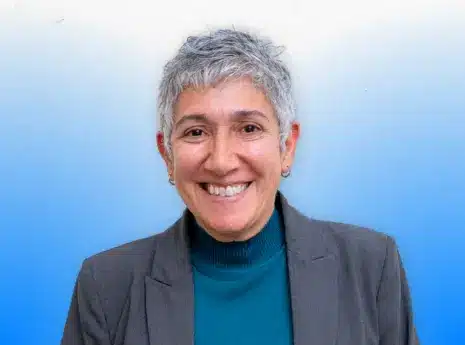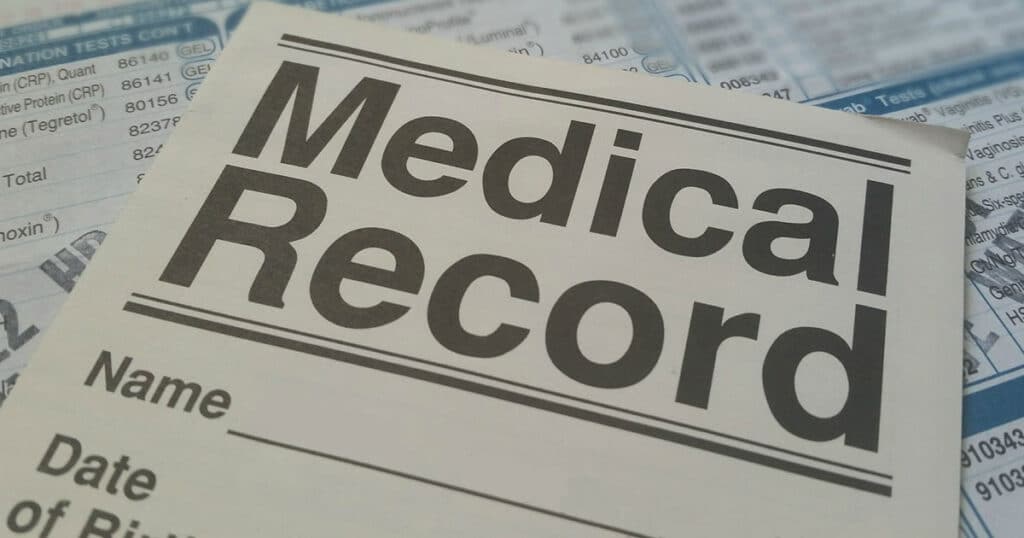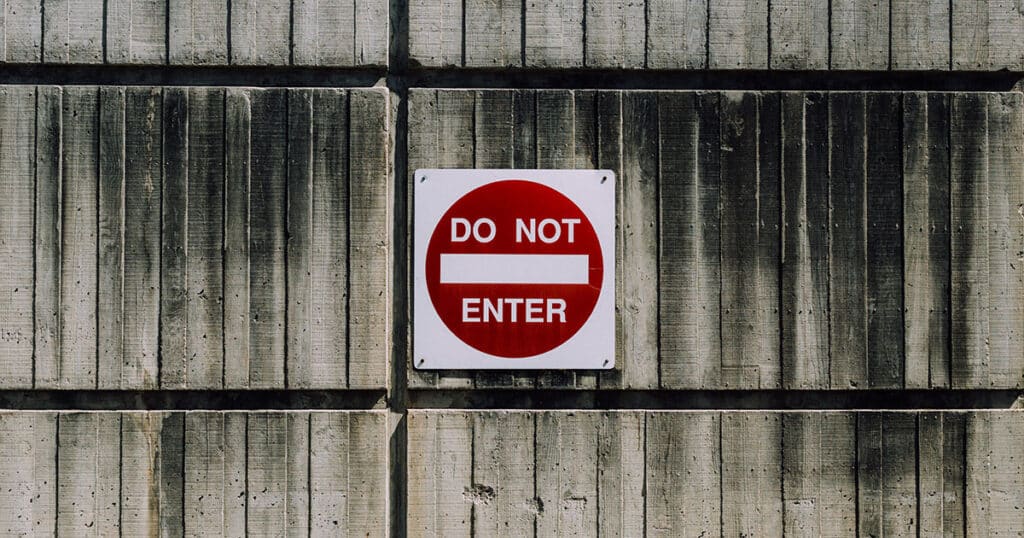Anxiety and Social Security Disability Benefits
Home » Applying for SSDI » Medical Conditions, Listed Impairments & SSDI » Anxiety and Social Security Disability Benefits
Anxiety disorders are a form of mental illness that affect roughly 40 million people in the US. Despite anxiety being the most common mental illness, it is often under-treated and many forms go undiagnosed. While anxiety affects all people differently, and symptoms and severity can differ greatly from person to person, there is no denying that anxiety and anxiety-related disorders can be a heavy burden.
Anxiety Symptoms and Complications
The symptoms of anxiety come in many forms and many degrees of severity. Some people with more extreme conditions will find daily life a struggle due to their symptoms, such as obsessive thoughts, crippling feelings of fear and panic, being easily fatigued, having concentration difficulties, intrusive and painful memories, restlessness, sleep disturbance, irritability, and recurring nightmares. Other people will have anxiety surface in physical forms, including muscle tension, uneasiness in the stomach, a pounding heart, or being easily startled, for example.
Anxiety can affect people in nearly every aspect of their lives, from struggling at work to being unable to leave the house for groceries. It is unknown if anxiety is genetic, triggered by environmental factors or a combination of both. Some anxiety disorders are caused by traumatic experiences. The five major categories of anxiety disorders are generalized anxiety disorder (GAD), panic disorder, obsessive-compulsive disorder (OCD), social phobia/social anxiety disorder, and post-traumatic stress disorder (PTSD).
Some people do not respond to the two types of treatments most successful in people with anxiety, which are psychotherapy and medication. And, when these treatments do work, they are often not a cure, but rather a way to manage the illness, to help people get through their days somewhat more easily.
Many people are able to treat their disorders and find a way to lead mostly happy and productive lives. They may become able to work and enjoy time with friends and family. Sometimes, unfortunately, this isn’t the case – and that’s where Social Security Disability Insurance can be quite helpful.
Does Anxiety Qualify Me for Disability Benefits like SSDI?
People with severe cases of anxiety may indeed qualify for Social Security Disability Insurance (SSDI) benefits.
Anxiety and related disorders are included in the Social Security Administration’s “Blue Book” listing of impairments, in Section 12 (Mental Disorders), specifically under part 12.06 (Anxiety and Obsessive-Compulsive Disorders).
In these sections, the SSA lists specifically a variety of disabling conditions that applicants may meet or equal in order to be considered disabled. Because, at the end of the day, what the SSA generally cares about most is whether or not your anxiety meets certain requirements, including:
- That it rises to the level of a “severe impairment”, meaning it impacts your ability to do work;
- That it, combined with any other impairments you may have, prevent you from sustaining work;
- That it has affected you, or is expected to affect you, for at least one year (or to result in death).
If that is the case, then you may very well qualify for monthly disability benefits.
Anxiety disorders are very common in America today, and there is no denying the heavy burden they place on the individuals who have them, as well as those people’s families. SSDI may not be available for all of them, but for those who qualify, these benefits could be extremely helpful.

Linda Cosme formerly served as a Member of the Appeals Council (AC) for the Social Security Administration (SSA), and Program Expert for the Social Security Administration and Disability Quality Branch (DQB). Ms. Cosme also served as a Quality Assurance (QA) Reviewer, Initial Disability Examiner, Reconsideration Disability Examiner, and Continuing Disability Examiner (CDR) for the Disability Determination Services (DDS). She is admitted to practice law in Arizona, Georgia, and the United States Ninth Circuit Court of Appeals.
It is easy to get started.
It is easy to get started. No upfront costs – You only pay if we win!
Oops! We could not locate your form.









